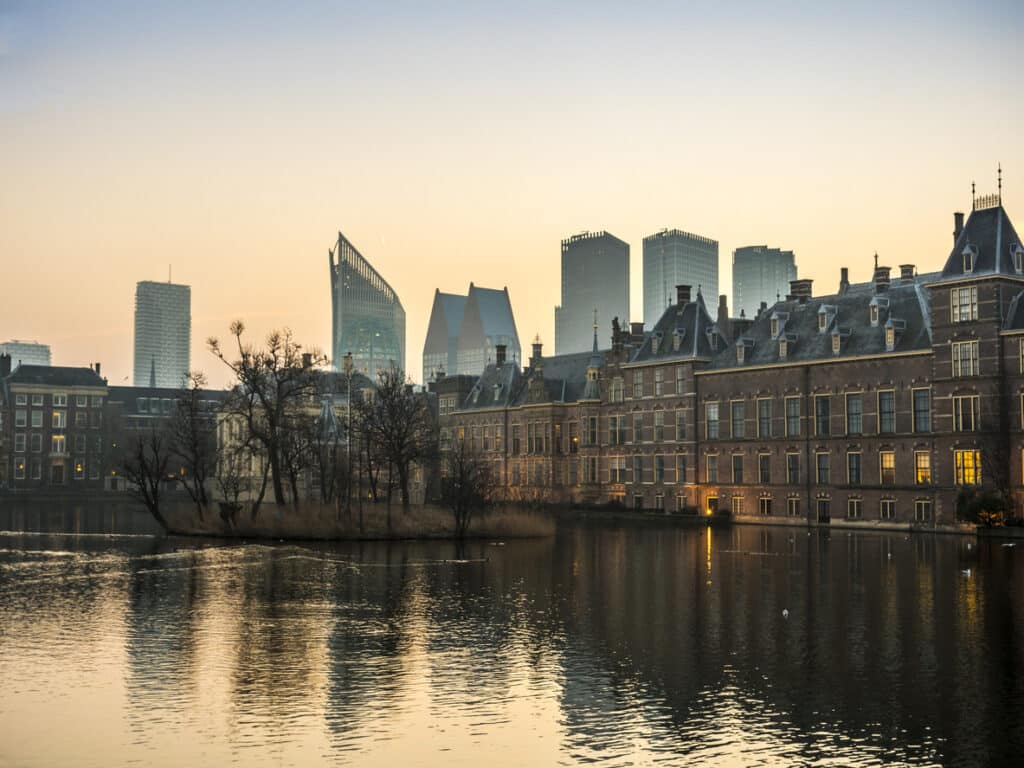Even though more than 50 countries worldwide have passed whistleblower protection laws, employees who report crime and corruption still routinely suffer reprisals. More than three-fourths of these victimized witnesses lose their retaliation cases, new research shows. Meanwhile, most laws contain debilitating gaps, and most whistleblower protection officials admit they are unable or unwilling to do their jobs.
With these messages as a backdrop, opinion leaders and activists gathered at the World Justice Forum to unite around a strong statement in support of whistleblower rights. Forty participants from more than 20 countries met in The Hague on May 31 to draft a “Declaration on Whistleblower Rights.” Leaders attending the session included former UN Under-Secretary-General Hans Corell and former Pakistan Supreme Court Chief Justice Tassaduq Hussain Jillani.
The Declaration was initiated by Whistleblowing International of The Hague and the National Whistleblower Center of Washington, DC. The advocacy groups presented a draft to Forum participants, who then provided their input toward developing the final version.
“We are pleased to see such an important initiative to expand rights for whistleblowers take shape at the World Justice Forum,” said Ted Piccone, chief engagement officer for the World Justice Project in Washington, DC. The Forum’s final statement calls for protecting whistleblowers’ access to legal remedies.
The Declaration goes beyond prevailing international standards and all national whistleblower laws by calling whistleblowing – generally defined as reporting misconduct within a workplace – a human right. In four decisions handed down since 2008, the European Court of Human Rights in Strasbourg has ruled whistleblowing under circumstances is protected under the EU’s Charter of Fundamental Rights. The Declaration goes further than these rulings.
“The concepts of freedom of speech and freedom of the press were developed in order to protect whistleblowing,” remarked a Forum participant. “Whistleblowers should be treated as human rights defenders,” added another.
“We need a culture that supports whistleblowing,” said one participant among many who said negative public perceptions of whistleblowers have damaging effects and must be reversed.
In one of the most significant contributions, one participant said, “There should be an independent, international whistleblower office with the power to effectively address whistleblower cases that are politicized at the domestic level.”
‘Automatic and immediate protection’
The Declaration’s core purpose is to correct one of the most significant problems with current whistleblower protection systems. In nearly every country with a whistleblower law, victimized witnesses must apply with a public agency for “whistleblower status,” or file a lawsuit in hopes of being reinstated and compensated. Thus, their new “rights” are heavily conditioned on their ability to prevail in an often drawn-out legal proceeding that typically requires professional legal assistance.
Often, whistleblowers must endure proceedings that are as lengthy and costly as those of the alleged criminals who they reported.
To free victimized employees of these burdens, the Declaration calls on countries “to enact laws that guarantee automatic and immediate protection and compensation for employees who report misconduct. These laws shall not require a person to apply for whistleblower protection or status. People shall be protected automatically by virtue of their free speech and free expression rights.”
The Declaration continues, “Any adverse actions taken against an employee shall be automatically and immediately reversed and revoked. Retaliation victims shall be automatically reinstated and compensated for all damages, material and otherwise.”
The Declaration on Whistleblower Rights will be distributed worldwide to gain support among elected officials, anti-corruption activists, legal professionals and others.
Read:
World Justice Forum Prioritizes Whistleblower Protections
Watch:
Whistleblowing for Our Future Innovations in Society’s Best Anti Corruption Tool
